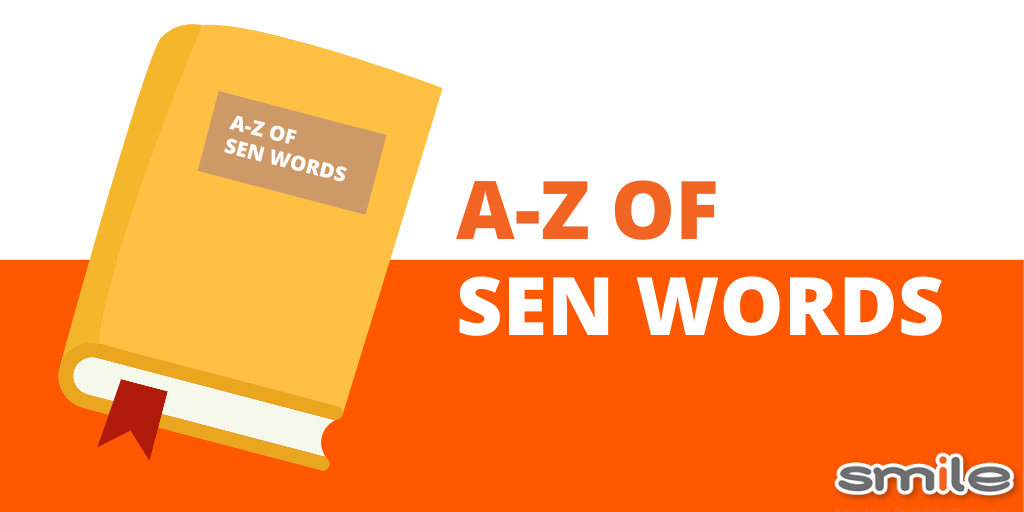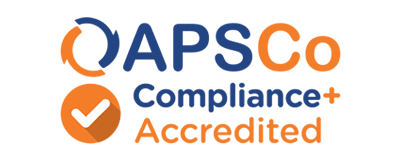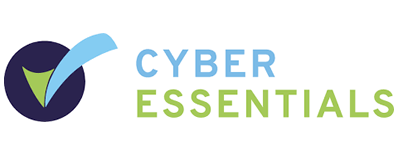Blog
Are you a supply teacher or teaching assistant looking for some help and advice? If so, you are in the right place. Our blogs offer tips and tricks on everything from classroom management to interview tips and support, along with day in the life case studies from real supply teachers, ECTs and cover supervisors. They also give you an insight into what working for Smile is like, the ways which we support local communities and charities and the training and events that we offer.
For more good stuff like this, follow us on social media - you can find us on Facebook, Instagram, Twitter and LinkedIn. Or pick up the phone and give us a call.
Teachers and the teaching assistants that support them are responsible for the progress and learning of all the students in their class including those that may have additional or special needs.
Lots of education professionals can feel out of their depth with this, especially if they haven’t worked with SEN children previously. With so many new words and acronyms to learn it can be overwhelming which is why we have put together this handy A-Z of special needs terms
- - -
A - Autism
Autism is a developmental disorder that challenges children with social skills, repetitive behaviours, speech, and nonverbal communication.
B - Behavioural difficulties
Behavioural difficulty is a disorder that involves a pattern of disruptive behaviours in children that last for at least 6 months and causes problems at school, at home and in social situations.
C - Complex needs
Complex needs can vary from a child being diagnosed with a certain illness, disability, or sensory impairment and in need of additional support on a daily basis.
D - Development Language Disorder
Development language disorder is where the child has significant, ongoing difficulties understanding and/or using spoken language.
E-Education and Health Care Plan
An educational health care plan is used for children and young people aged up to 25 who need more support than is available through special educational needs support. The plans identify educational, health, and social needs and set out the additional support that to meet those who need it.
F - Fight, Flight or Freeze
This is a subconscious stress response to danger. Young people who experience elevated levels of stress may have this response triggered more easily and frequently than their peers.
G - Graduated approach
A graduate approach in SEN is when actions are reviewed for a student’s needs and the support required to help them secure good outcomes.
H - Hearing Impairments
Hearing impairments refers to someone who has hearing loss and may need help during education.
I - Individual Education Plan
Individual Education Plan is a document that helps teaching staff to plan for your child, teach them and review their progress.
J - Joint Council of Qualifications (JCQ)
Schools need to apply via the JCQ in order to secure examination access arrangements, such as extra time, for their students.
K - Kinaesthetic learning
Kinaesthetic Learning is a specific way of learning that helps certain students. This requires carrying out physical activities, rather than listening or watching demonstrations.
L - Learning Difficulties
Learning Difficulties, where children struggle to know basic knowledge and skills for their age usually this is due to a mental disability or cognitive disorder.
M - Moderate learning difficulties
Moderate learning difficulties, where children struggle to underrated basic concepts such as basic reading, writing, and numeracy skills.
N - Neurodiversity
Conditions such as ADHD, Autism, Dyslexia, Dyspraxia.
O - Oppositional Defiant Disorder
Frequent and persistent patterns of anger, irritability, arguing, defiance, or vindictiveness toward you and other students or staff.
P - PECS
Picture exchange communication system is a communication system for teachers to use for autistic children in the classroom.
R - Receptive language
Where children may struggle to interact with other students or with their teachers. Refers to how children understand the language.
S - Safe Guarding
Action taken to promote children from being harmed such as abuse and maltreatment.
T - Team Teach
Training that handles “positive handling”, helps staff support children with challenging behaviour.
U - Umbrella term
Special education need is an umbrella term that includes learning difficulties and developmental or physical disorders.
V - Vestibular System
Refers to structures within the inner ear, that detect movement and changes in the position of the head. Some vestibular seeking behaviours can be always spinning, running, moving, fidgeting.
W - WheelChair
Some children may need wheelchairs due to disability, it’s important it is used the correct way.
Y - Young person
You’re working with a lot of SEN children that are very young, you need to understand their needs and they may not understand what may be wrong with them so you need to know how to cope with these situations.
Z- Zone of Proximal Development
This may be when a child needs guidance, what they can do with assistance and what they can do without adult guidance compared to their peers.
Hopefully, the above should help you give a little more confidence or at the very least a point of reference if you require a reminder!
If you are currently looking for a teaching or teaching assistant role, then we can help. We work with both mainstream and special education needs schools across the West Midlands. You can take a look at our latest vacancies here.
Add a comment:
Blog Categories
Latest Blogs
Celebrating Volunteers' Week at Smile Education
Smile Education Begins Strategic Recruitment Partnership with Bordesley Multi Academy Trust
Netflix’s Adolescence: What Safeguarding Lessons Can We Learn?
From Graduate to Director: Kash’s Career at Smile Education
A Complete Guide to SEN Terms and Phrases for Teachers in 2025












